Apologies for a longer-than-usual intro…
I did something last week that was really enjoyable and went really well. I was asked by my friend Bernadette Russell if I might do a workshop - on Storytelling and Activism - for her friend Vanessa Woolf’s event in London.
Ten and some years ago, I wouldn’t have had any worries - I was, back then, doing lots of talks and workshops, around High Streets, the future of town centres, empty shops, and on the work of self-organizing. I flew to Australia to talk at an empty shops conference, worked with senior leaders at Unilever in Italy and London on developing an activist leadership style, spoke at regeneration conferences and trade shows, went on stage at a festival after Milton Jones, shared platforms with George Clark and Jay Blades and Robert Montgomery, was on first-name terms with government ministers, and (more importantly) worked with dozens of local, deep-rooted activist groups like Totally Locally, B arts in Stoke, and Playful Anywhere.
But I got bored of standing on stage and saying the same things, so I stopped accepting as many invites, and (because people tend to book people they’ve seen talking at another event) people stopped asking me. In the last eight or so years I’ve done the occasional event, where it seemed interesting or useful, but not on the same scale.
So last week’s event was an oddity, an outlier. I said yes without really thinking (it was for Bernadette, and I love and trust her). As it got closer though, I did start to wonder; did I really have anything to say about Storytelling and Activism, when I am neither storyteller not activist?
And that led to me taking a deep look at my own work, in an interesting way. I know that much of my work is about working with people, and finding a different story for a place, and then starting with small actions that are about making it real. I’ve spoken a lot in the last five years about how the first step to building a better world is to be able to imagine one. Reframing it as storytelling has given me a new way of understanding it. “Stories, characters, acts of imagination are timeless in a way that journalism is not,” Robert Harris said recently.
For 25 years, I’ve quoted something Peter Coyote said, in my talks and in my writing - “A man’s vision is his responsibility. If you have an idea, make it happen; find the brothers and sisters; find the resources and do it. Your personal autonomy and power expose the shallowness of endless theorising and debate. Visions become real by being acted out, and once real serve as endless inspiration and free food for the public imagination.” We’re writing new stories, with our acts of imagination, then acting them out - storytellers first and then we become activists.
I really enjoyed exploring that idea, with a bunch of thoroughly interesting people who were really engaged and engaging. At the end of my workshop, Vanessa Woolf asked me if stories can change the world. I said - ‘how can they not?’ We know that, if you travel back in time, you have to take huge care not to step on an insect or kill a butterfly; of course, the same works going forwards, from now. Everything we do has an impact.
“The most important territory to take is in the imagination,” says Rebecca Solnit in her new book, “Once you create a new idea of what is possible and acceptable, the seeds are planted; once it becomes what the majority believes, you’ve created the conditions in which winning happens.”
A huge thank you to Bernadette and Vanessa - but also to the 20+ people who came and joined in - you were all kind, gentle, and absolutely lovely. Thank you.
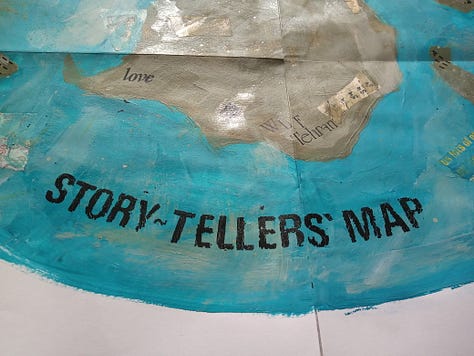
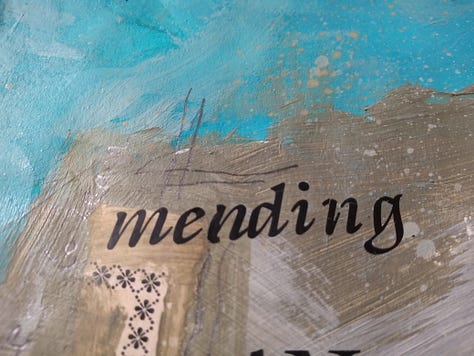
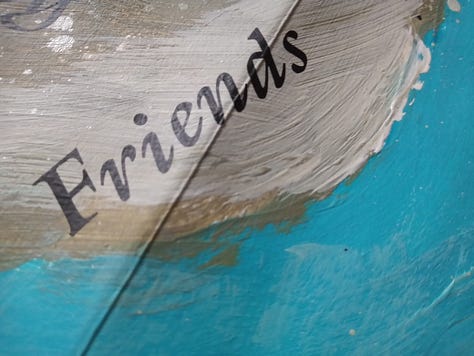
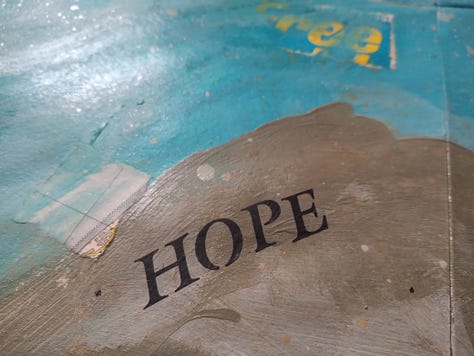
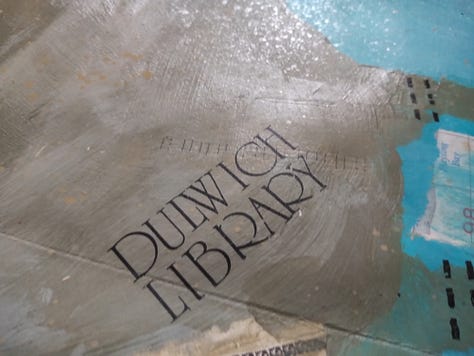
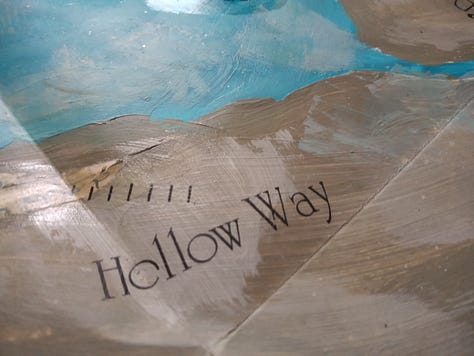
More storytelling. Stories told by more than 400 people of all ages in conversation circles are providing key evidence for climate justice discussions in Brazil's favelas. Theresa Williamson, a Rio-based town planner and environmentalist, says: “Memory is essential to solving the climate crisis because belonging gives people a sense of identity and connection to their territory. When you know the environment where you live – the soil, the trees, the shared history – you care about that place. You have a sense of commitment.”
BBC's Springwatch is back, on air tonight and for the next three weeks. Chris Packham and Michaela Strachan will be at a new location - the National Trust’s Longshaw Estate in the heart of the Peak District. And Iolo Williams will broadcast live from Northern Ireland, journeying across the region.
Rewilding Europe has announced the launch of a new, free, online rewilding course, designed to make rewilding accessible and actionable for everyone.
‘Introduction to rewilding in Europe’ brings together insights from leading experts and practitioners across more than 20 European countries. I’m signing up.
Gujarat’s latest lion census found 891 Asiatic lions, a 32.2% increase on the 674 lions counted in 2020.
Francesca Gardner, from Cambridge University, has studied the role of the lawnmower in British poetry.
The world’s tallest 3D-printed building has been unveiled in a village in Switzerland. It’s part of an attempt to revive Mulegns, a mountain village threatened by depopulation - currently home to just 11 people. I mean, give me a home, and I’ll live there.
Animator Will Rose has created a new film, The Breeding Terns of Rye Harbour, for the nature reserve’s visitor centre. “They're a very graceful bird in flight and I love the subtle differences in their bill and feet colours. To have all three species at the nature reserve is very special indeed. It was an honour to help to highlight these birds and why creating crucial habitat for them to breed is so important,” he says.
Artist Alex Chinneck has reprised the work he made in Margate in 2013, with a new piece for Clerkenwell Design Week,
Skunk Anansie doing An Artist Is An Artist on Later. New album is out.
As always - please like this post (just so I know you’re there), and share with any friends who might need a bit of hope and optimism.


Thanks Dan! Nice post.
What a rich reflection on the interplay between story and action. You’ve captured something vital about why I'm drawn to both. I love how you’ve charted your own journey from the confident speaker of a decade ago to someone who’d stepped back, only to discover fresh energy in revisiting the very thing you thought you’d exhausted. That moment of self-doubt (“am I even a storyteller or an activist?”) is so familiar. The workshop anecdote, capped by the simple question “can stories change the world?” and answered with “how can they not?” is a powerful invitation. It reminds me that our small acts of imagination, are the first domino in a much larger, world-changing sequence. Thank you for bringing me back to that essential truth: before anything else, activism is born in the mind’s eye.